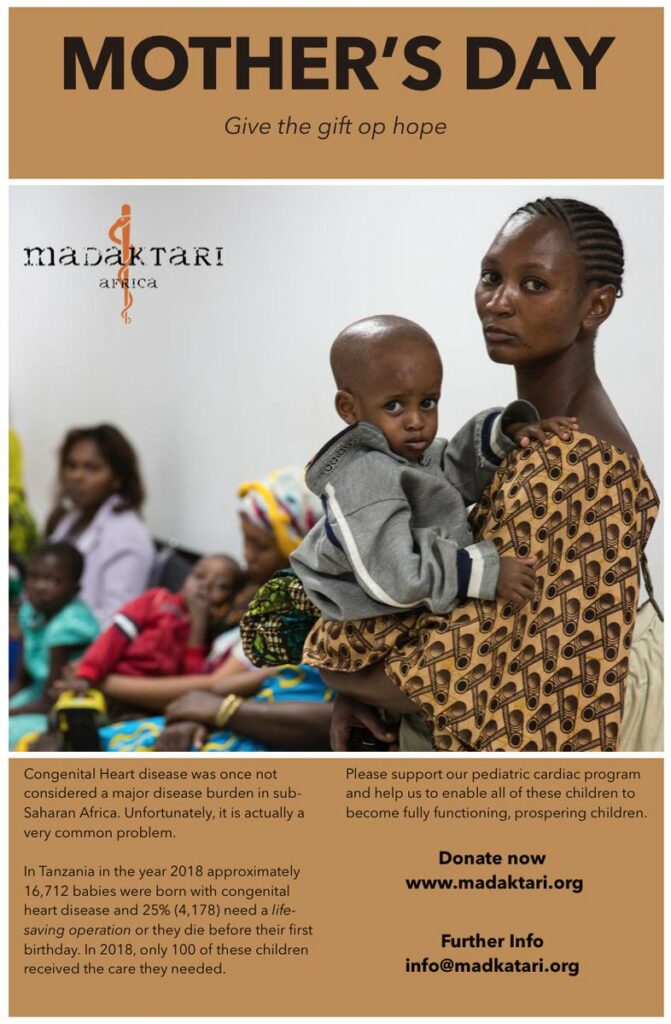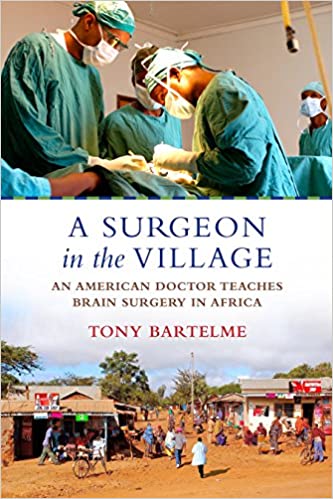Throughout his career, Dr. Dilan Ellegala has been dedicated to embracing and improving global health. Ellegala’s nonprofit, Madaktari Africa (Swahili for “Doctors Africa”, a 501c3), actively works to improve healthcare around the world by facilitating global medical education efforts.
Madaktari Africa

Madaktari Africa was founded by Dr. Dilan Ellegala Doyle “D” Word in 2008. While on a medical sabbatical in Haydom, Tanzania, Ellegala recognized an unmet need for medical education in rural areas of the African continent. During his time volunteering his medical expertise and teaching surgical procedures, he noticed that the efforts of visiting doctors simply did not address the health challenges faced by Africans in the long term.
Limited access to education and information on medical procedures and health care pose incredible challenges in the rural parts of African countries. This greatly impacts quality of life, as patients are unable to receive lifesaving treatment due to a lack of resources. In an effort to combat this challenge, Dr. Ellegala developed Madaktari Africa and it Train Forward program, which provides African medical professionals with critical and intensive neurosurgical and other clinical training. In effect, this offers their patients incredible options that are truly improving their health and overall quality of life!
A Surgeon in the Village: An American Doctor Teaches Brain Surgery in Africa

Published by Beacon Press in 2017, Tony Bartelme’s A Surgeon in the Village details Dilan Ellegala’s journey in revolutionizing and reshaping health care within Africa. The book dives deep into Ellegala’s realization that the country of Tanzania had only three brain surgeons — despite its population of more than forty-two million people. A story of global health and medical education, Bartelme retells Ellegala’s incredible experience in teaching brain surgery and other neurosurgical procedures to medical professionals in rural Africa. What’s more, A Surgeon in the Village outlines how Ellegala effectively impacted African health care in a major way — forever.